DATA COLLECTORS AT THE HEART OF THE ACTION
30 September 2024


In the fight against HIV, data collection is essential to understand and address the needs of affected communities. To this end, Solidarité Sida, ITPC-MENA, and their local partner organizations train and support data collectors from key populations.
Their involvement offers several decisive advantages that enhance the effectiveness and relevance of the FORSS program. The experience gained during Phase 1 of the program demonstrated that, thanks to their intimate knowledge of the target population, they possess a deep understanding of the issues, needs, and specific challenges faced by their communities. Moreover, they often enjoy a high level of trust, which facilitates the establishment of open and honest dialogue, allowing for the collection of more accurate and detailed data. Participants feel more comfortable sharing their experiences and perspectives with individuals they consider peers, thereby reducing bias and reluctance. Additionally, data collectors from key populations are better equipped to identify and document issues that might go unnoticed by external individuals. Their closeness to the daily realities of their peers enables them to shed light on often invisible challenges, contributing to a more comprehensive and nuanced understanding of the obstacles to be overcome.
Involving key populations in data collection not only recognizes their expertise but also grants them an active role in the fight against HIV/AIDS, which can serve as a source of motivation and sustained engagement. By actively participating in this process, data collectors directly contribute to the improvement of healthcare services within their communities.